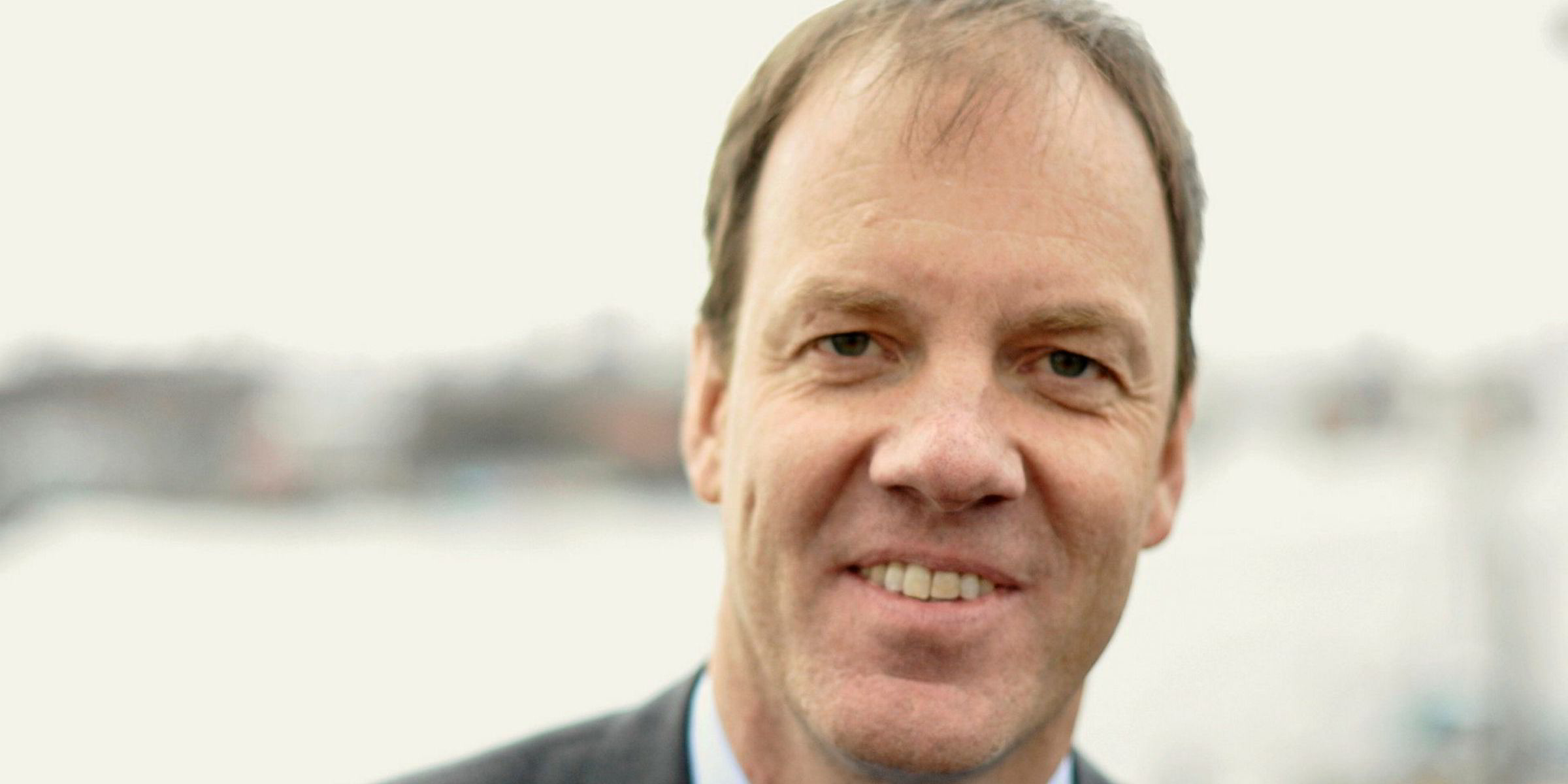Shipmanagement companies in Germany have faced massive changes in the way they operate following the decline of the KG (limited partnership) system of vessel funding.
Many of the managers were closely aligned with the owners and collecting generous fees.
The collapse of the single-ship KG system has seen scores of projects being liquidated and, in other cases, management transferred.
Many managers have disappeared or downsized, especially in the Ems region of the country, while others have made the switch from the KG-driven shipmanagement model to being internationally focused.
That includes one of the largest players, Bernhard Schulte Shipmanagement (Germany), whose managing director Jan Warmke says the change has been “dramatic”.
He tells TradeWinds that when he joined in 2010, the German company — part of the broader Bernhard Schulte Shipmanagement (BSM) group — had 42 vessels under full management, of which 32 were owned by German KGs.
Today, it has 37 vessels under full management but only one — an aframax tanker — is a KG ship.
Instead, Maersk Line, CMA CGM, private equity investors Oaktree Capital Management and Borealis Maritime, as well as smaller owners, including from Belgium, rank among its clients.
Warmke says BSM Germany was better positioned than most to adapt as Schulte Group had been in third-party shipmanagement since the early 1970s with Hanseatic in Cyprus and Euroasia in Hong Kong.
BSM Germany was established in 2008 as the successor to two Schulte Group shipmanagement companies previously operating in Germany — Hanseatic Shipping (Deutschland) and Vorsetzen Bereederungs- und Schiffahrtskontor.
“We have the knowledge how to deal with private equity investors, institutional investors and other owners who give us their ships for third-party shipmanagement,” Warmke says.
He adds that BSM Germany acted swiftly when the KG crisis gripped by being among the first to declare insolvency of vessels.
“We soon recognised there was no future in the KG business and that is why we decided very early to step out,” he says.
Jasper Eggers of Eggers Consulting & Management says a weakness of KG managers was their focus on relatively short charter periods at higher rates, typically of three years.
“But we had other players in the market, for example Seaspan, who ordered ships where they had 10-year charters or charters in line with debt [bank] financing,” he says.
He adds that it enabled Seaspan, for example, to launch an initial public offering in 2005, whereas German posturing with IPOs was more based on “hope” as the ships lacked secure employment.
Some German owners and managers adopted a more conservative approach but this was not widely appreciated.
Warmke says that while at least 30 managers in Germany are estimated to have disappeared — all linked to KG outfits — he has been disappointed at the scale of consolidation.
“It didn’t develop to the extent I thought it should maybe five or seven years ago,” Warmke says.
The Komrowski/ER Schiffahrt merger set the ball rolling, followed by MPC/Ahrenkiel/Thien & Heyenga and others, and Schulte Group acquiring LNG shipmanager Pronav. More recently, Erck Rickmers sold shipmanager ER Schiffahrt to fast-expanding Zeaborn Group.
Schulte recognised the LNG expertise in Pronav, which in turn was perceived as too small to attract sufficient new business in such a capital-intensive segment as LNG.
“Despite the ER Schiffahrt takeover, I maintain my position that within the German market there is much more potential for consolidation,” Warmke says. He adds that family reluctance to weaken their influence in companies slowed down the process.
Also, banks urged consolidation but, in the end, arguably did not apply sufficient pressure on the market.
Eggers says banks tended to stick with those KG managers who brought projects to them instead of driving “positive change” in the market. Those managers are still around.
Size matters in shipmanagement, especially in LNG and, for example, to generate sufficient IT investment.
“Our IT infrastructure is simply unaffordable for small owners,” Warmke says.
He adds that shipmanagers are investing in technology.
“We have seen tremendous development over the last years in digital innovation of our industry but we could have been much more advanced in that respect,” he says. “We are lagging behind because we are operating our ships on small budgets.”
Warmke mirrors similar comments by shipmanagers to TradeWinds that they are being “nailed down” on fees.
During the KG boom, managers were typically picking up 3% to 5% of the total income, which was much higher 15 years ago than it is today.
International third-party managers are said to have seen little or no increase in fees over the past 15 years and today can expect just $10,000 to $12,000 per month — or $120,000 per year.
“You can hardly operate on such fee structures,” Warmke says. “We are trying to get out of this situation by new fee structures, where we try to introduce and implement, for instance, KPI [key performance indicators]-based fees.”
Warmke says BSM Germany is looking into new projects, including entering niche markets such as offshore. It has two North Sea windfarm maintenance ships under management and will receive an LNG bunker vessel owned by Bernhard Schulte Group in a joint venture.
It has also entered the cruiseship market and, at time of writing, was due to assume management of a vessel — the identity of which had still to be disclosed.
With an absence of new project opportunities in Germany, the company is looking internationally and is in contact with private equity investors in the UK, Scandinavia, Switzerland and elsewhere.



